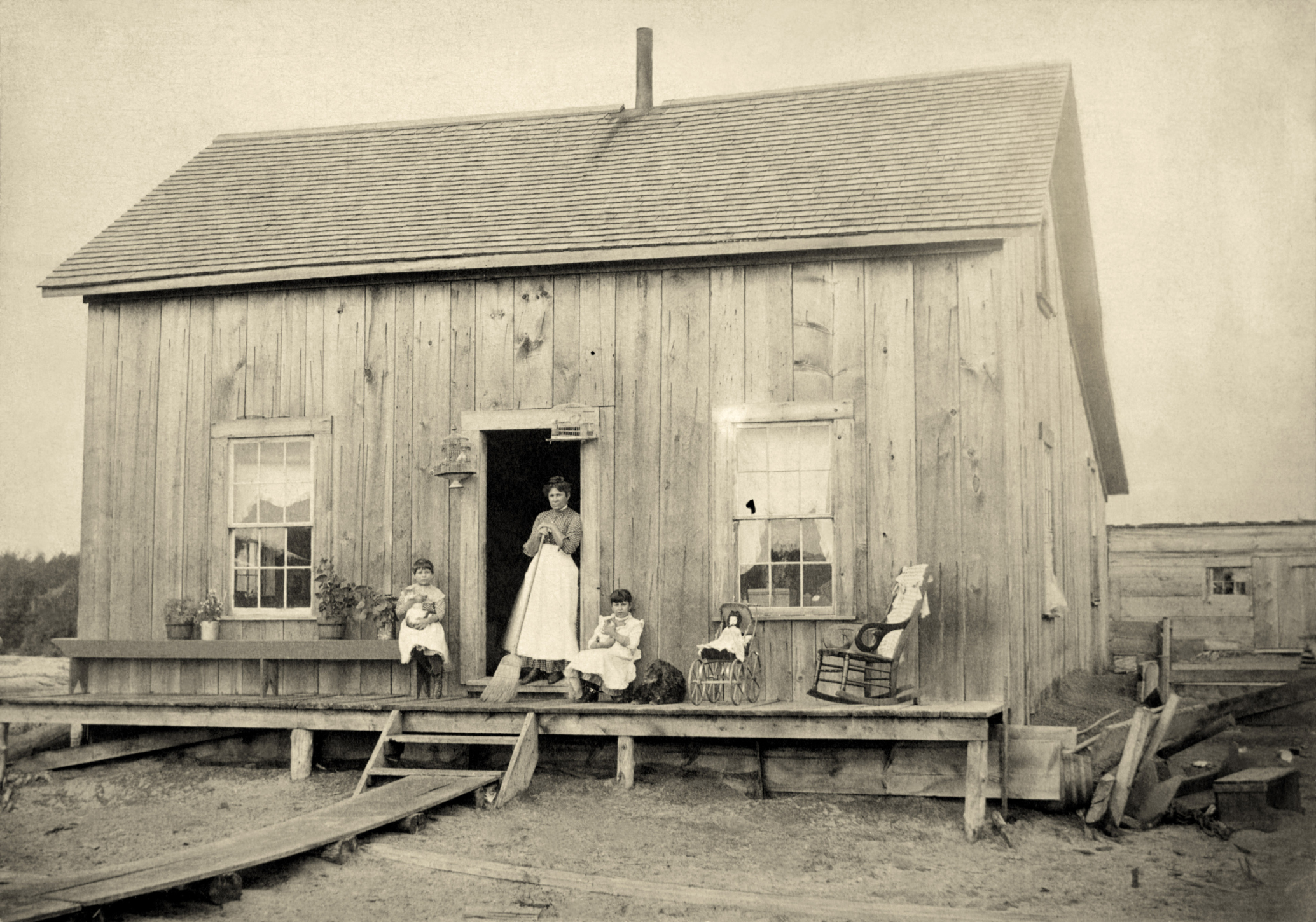Among the most common comments about the new Census Bureau data on income, poverty and insurance coverage is that the rich have gotten richer and, at best, the middle and lower classes have held their ground. Just over 46 million Americans live below the poverty line. Some small number of the rich could feed them all. The Census data only show a portion of the poverty picture. Among the things it does not show is how people feel about their futures. Even in this regard, the poor do not do well.
A recent Gallup poll on job availability reports:
Twenty-seven percent of Americans say now is a good time to find a quality job, up from 21% in August. Although upper- and middle-income Americans have become more optimistic in 2013, low-income Americans have grown increasingly glum.
Even the 27% cannot be considered a strong number. It is well below the comparable number in early 2008. Some of the effects of the recession, as people look at their working lives, have faded, but not by an amount that would signal a full-blown recovery.
The Gallup research results make sense, with one exception. The groups that are most optimistic about job prospects are those between the ages of 18 and 29 years of age, Hispanics and Blacks. Almost every measure of employment shows that these Americans are out of work in greater numbers than most other demographic segments.
The Employment Situation for August confirms this:
Both the number of unemployed persons, at 11.3 million, and the unemployment rate, at 7.3 percent, changed little in August. The jobless rate is down from 8.1 percent a year ago.
Among the major worker groups, the unemployment rates for adult men (7.1 percent), adult women (6.3 percent), teenagers (22.7 percent), whites (6.4 percent), blacks (13.0 percent), and Hispanics (9.3 percent) showed little change in August. The jobless rate for Asians was 5.1 percent (not seasonally adjusted), little changed from a year earlier.
Why should the three troubled groups be so sanguine when their prospects are so dismal? That question has no easy answer.
Among the results that do make a great deal of sense is the optimism of people who make more than $75,000 (the top income tier of the Gallup poll) and men. These groups have had a relatively strong recovery of job creation since the recession ended. People in these two groups have reason to have a positive outlook.
No matter what the other data show, poor Americans hold out very little hope that now is a “good time” to find work. While other Gallup numbers do not fit together well with the Census figures, being at the bottom end of the income ladder was never a good place. Apparently it has not gotten even a little bit better.
Methodology: Results for this Gallup poll are based on telephone interviews conducted Sept. 5 to 8, 2013, with a random sample of 1,510 adults, aged 18 and older, living in all 50 U.S. states and the District of Columbia.
The Average American Has No Idea How Much Money You Can Make Today (Sponsor)
The last few years made people forget how much banks and CD’s can pay. Meanwhile, interest rates have spiked and many can afford to pay you much more, but most are keeping yields low and hoping you won’t notice.
But there is good news. To win qualified customers, some accounts are paying almost 10x the national average! That’s an incredible way to keep your money safe and earn more at the same time. Our top pick for high yield savings accounts includes other benefits as well. You can earn up to 3.80% with a Checking & Savings Account today Sign up and get up to $300 with direct deposit. No account fees. FDIC Insured.
Click here to see how much more you could be earning on your savings today. It takes just a few minutes to open an account to make your money work for you.
Our top pick for high yield savings accounts includes other benefits as well. You can earn up to 4.00% with a Checking & Savings Account from Sofi. Sign up and get up to $300 with direct deposit. No account fees. FDIC Insured.
Thank you for reading! Have some feedback for us?
Contact the 24/7 Wall St. editorial team.




